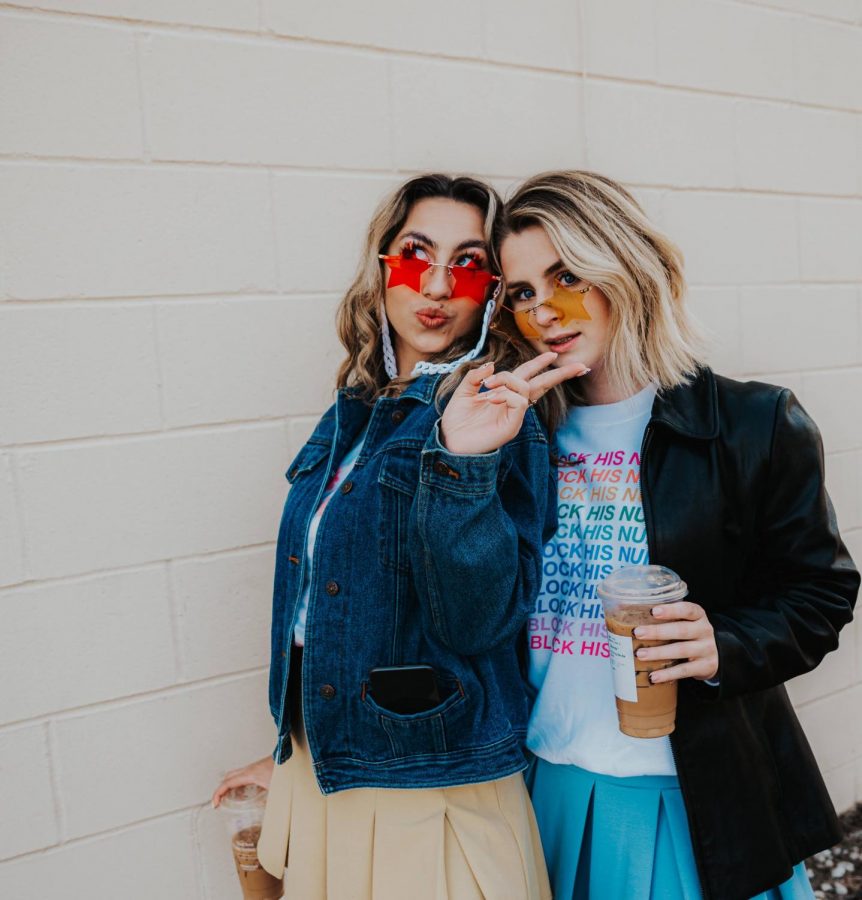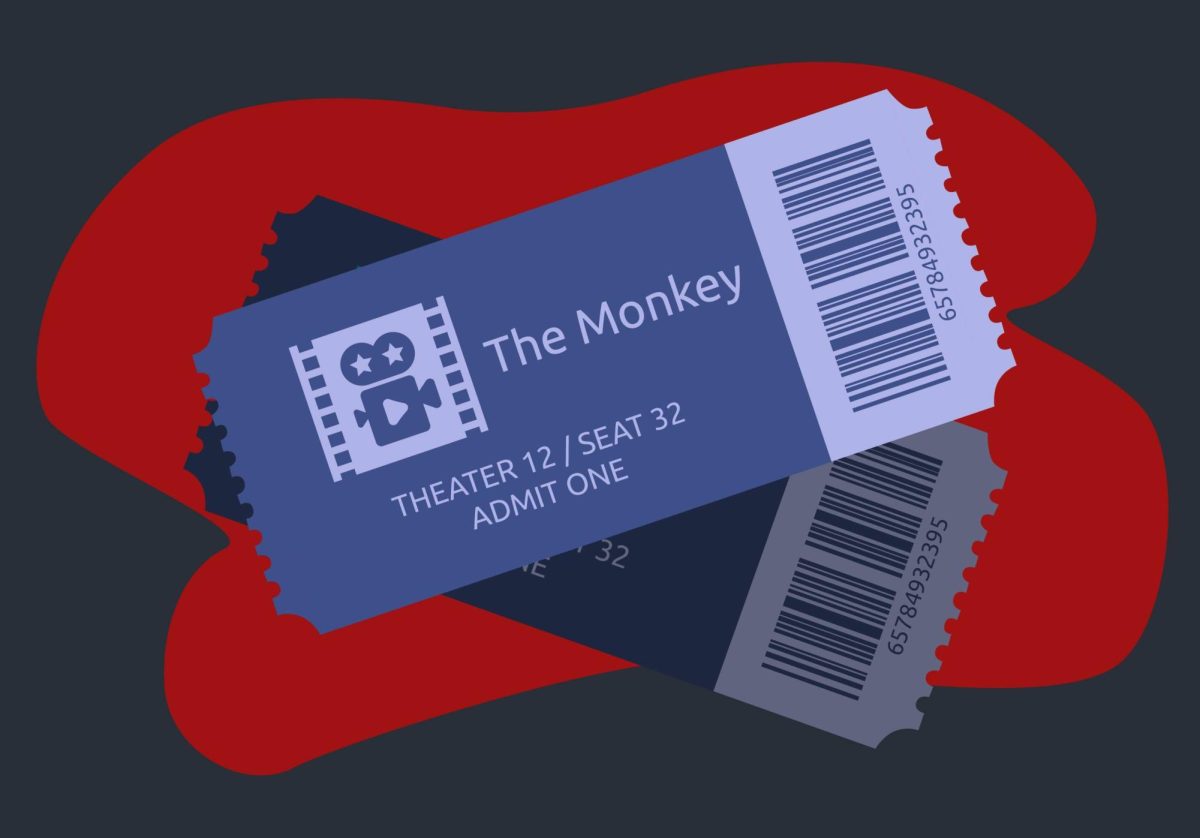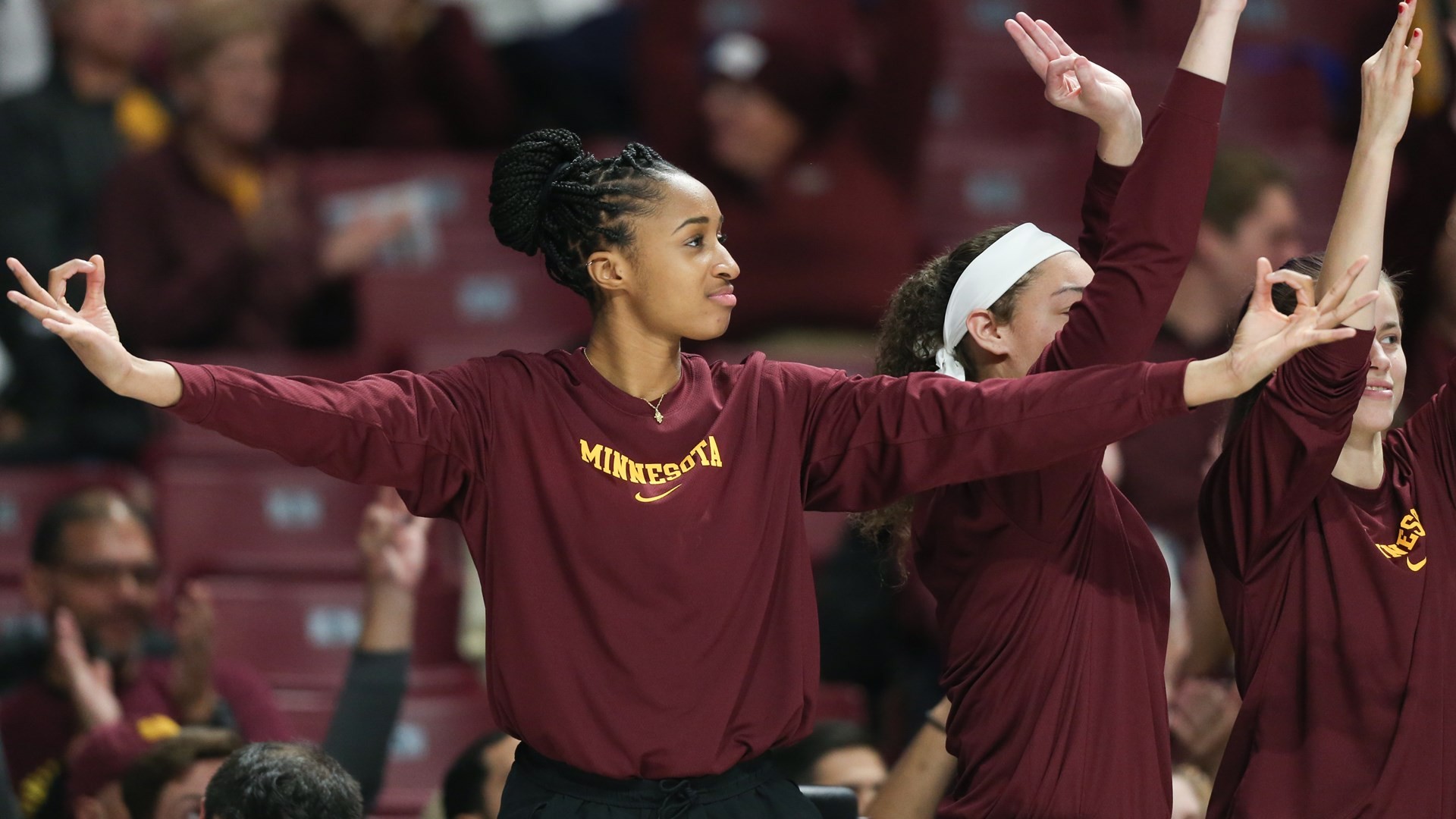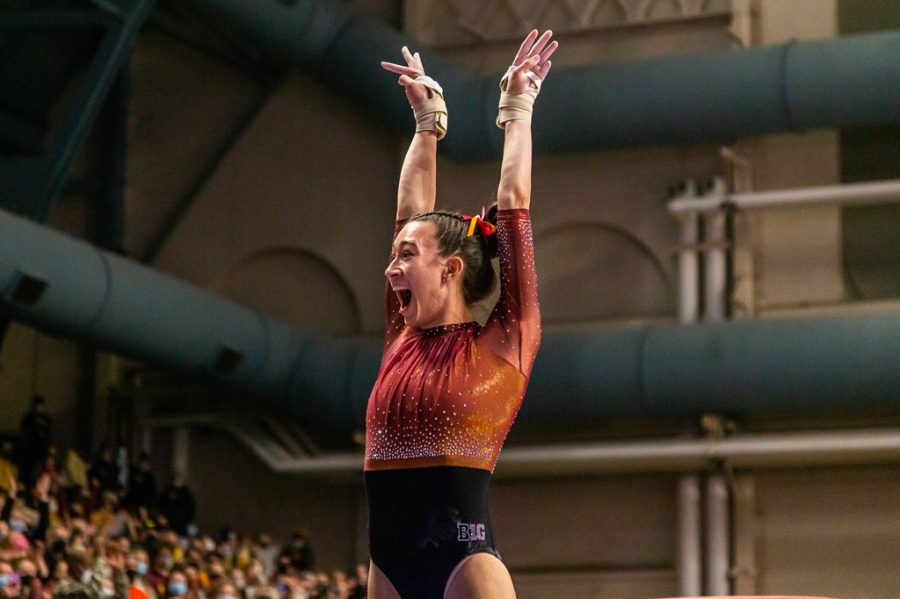While everyone was deciding where to spend the next four years of their lives for school, Minneapolis creatives Ananda Cordova Stuart, 20, and Meara Molitor, 20, had a different idea for their future in mind. They both envisioned a gap year with an emphasis on work and travel. That is, until the pandemic came and plans changed.
In February of 2020, Cordova Stuart and Molitor posted their first podcast episode and, since then, amassed a following of over 500 Instagram followers, averaging around 400 listens per episode, and connected themselves with small businesses and creatives in Minneapolis.
A&E spoke with Cordova Stuart and Molitor to discuss FOMO, heartbreak and taking the road less traveled.
Where did the idea to start the podcast come from?
Molitor: My senior year of high school was super rocky. Long story short: a lot of things happened and my dreams changed. I decided to take a gap year, and two weeks before I left for a trip to Bali, I got dumped. I was at my lowest of lows and I did a lot of crying on my own on the beach, in the airport, and in a lot of random places and through that I kind of was like, ‘I’m learning so much about life right now,’ and I was kind of in this weird in-between stage where I had to act like an adult because I didn’t go to college. When I was sitting on a beach on my trip, it hit me: I was like ‘I’m literally just fake adulting’ and I thought, ‘Oh my god, I need to use that.’
When you started the podcast, what was the intention behind it?
Cordova Stuart: We thought that it was going to be for my friends, Meara’s friends, and our family, mostly updating them on what’s going on during our gap years. Then after a couple episodes we realized that most of our support — and our supporters — started to come from people who weren’t our closest friends or family. It was coming from people who had followed us both on Instagram for a while.
Molitor: The intention was to talk about gap years, travel, our work, seeing we were both working full-time jobs, and mental health. We ended up talking a lot about relationships in general because I was going through a break up as she was experiencing her first real love.
Also, in our “Dear Men” epsiode I talked about an assault that happened to me that I had never talked about before. All of a sudden I felt like I had this safe space to be able to talk. Since doing that I’ve gotten the support that I needed, and others reached out saying it helped them too.
What were some of the challenges you faced with doing this podcast when all your other friends were in school?
Molitor: At the time, I think we both felt super alone. Taking a gap year is kind of an isolating feeling because all of the people you know are doing what they’re “supposed to do.” I never had anything or anyone giving me advice about this or telling me reasons why this was a good idea, so we decided to be that voice for the people.
Cordova Stuart: We wanted to emphasize talking about taking the road less traveled. It’s so easy to be like ‘It’s my decision right?’ We saw all those college freshmen parties, dorm life and meeting your friends — we watched that and we wanted that. We had extreme FOMO.
What does being a Fake Adult mean to you?
Molitor: Our first ever definition is adulting with imperfections. A fake adult is someone who tries to be the best they can every day and do ‘adult things’ but still makes mistakes. A fake adult is someone who does things like run errands, work hard for their money, apply for jobs, but has no idea how a mortgage works. It’s also a lot of “you should be doing this, you should be doing that.” A lot of people our age can relate to some degree that we’re independent and we’re supposed to be doing things on our own, but no matter what’s going on, at any inconvenience, your first instinct is to call your mom — even though my mom was just saying the other day she also feels like a fake adult.
This interview has been edited for length, grammar and clarity.


















